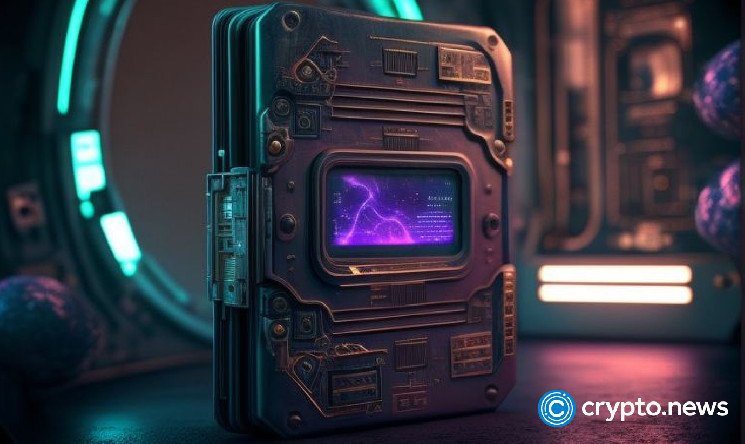Xandeum has introduced pNodes, also known as Provider Nodes, in its devnet to tackle Solana’s storage limitations.
These nodes are designed to establish a scalable, decentralized file system to address SOL’s key limitations, specifically the lack of an efficient and scalable storage layer for smart contracts. While Solana is known for its high-speed transactions and low fees, its architecture has traditionally relied on validators to store all program data, leading to storage capacity bottlenecks without compromising performance. pNodes act as an additional storage layer for Solana smart contracts, enabling seamless integration while ensuring data availability and security.
Xandeum’s network utilizes validator nodes to supervise data distribution and integrity, alleviating storage burdens on Solana validators.
The system introduces new Solana primitives like “peek” and “poke” to facilitate data transfer between Solana accounts and Xandeum’s storage layer.
You might also like: ‘The SEC was the market manipulator’: SEC drops case against XRP, CEO claims
Xandeum’s Deep South Era
The launch signifies the commencement of Xandeum’s Deep South Era, the first of six planned innovation phases for 2025. Throughout this phase, the project will unveil XandMiner, a management tool for pNode operators, and conduct a limited sale of 300 incentivized devnet pNodes. On the mainnet, all nodes will operate on a permissionless basis.
Bernie Blume, CEO of Xandeum Labs, highlighted the potential impact: “A cost-effective, decentralized scaling solution will significantly broaden the global dApp landscape. It has the potential to create a new revenue stream for pNode operators, Solana validators, and stakers.”
This advancement could unlock new possibilities for DeFi, NFTs, and large-scale decentralized applications, simplifying the development process for creators.

